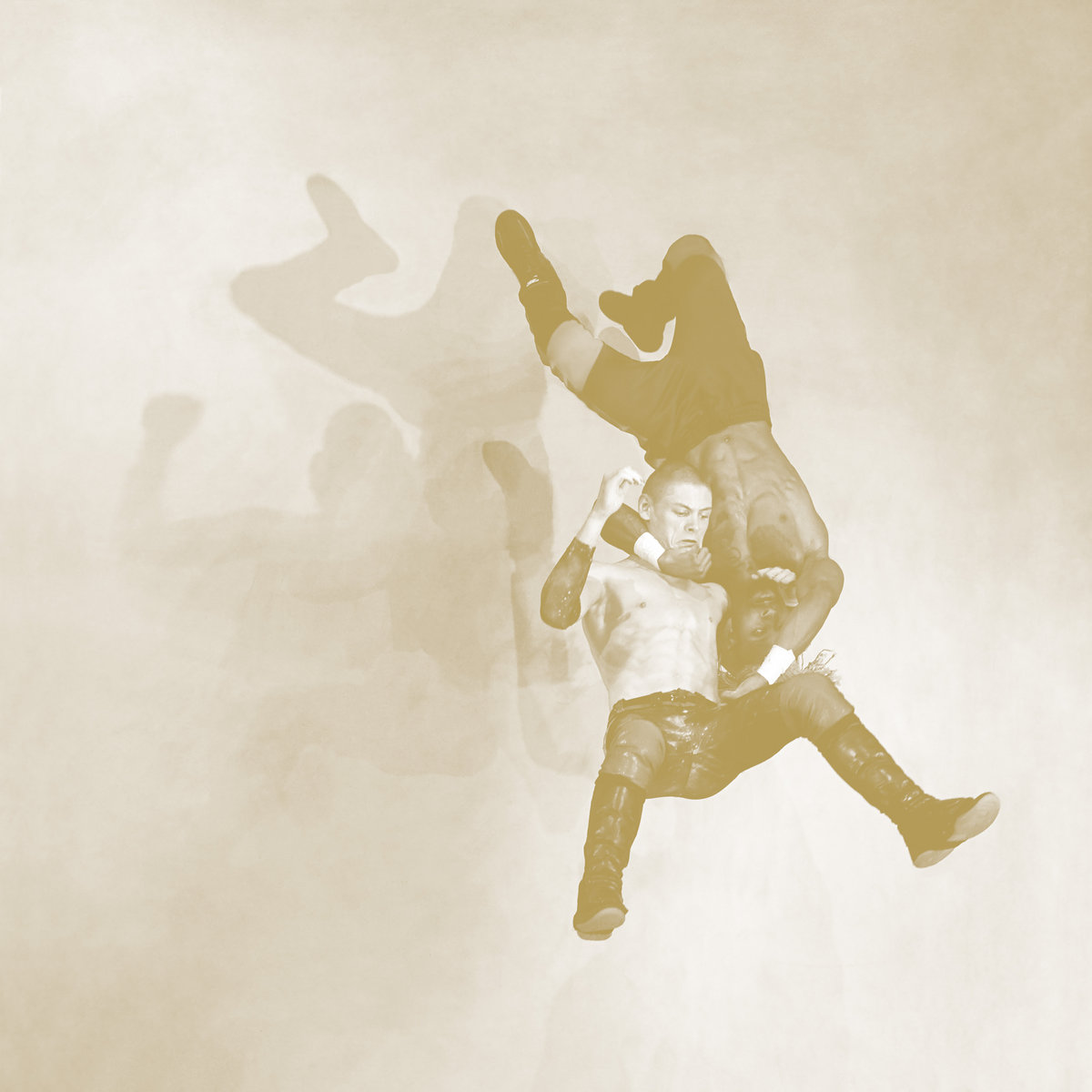 I don’t know exactly what synth-like equipment Robert Takahashi Crouch uses to generate these sounds and maneuver them into place, but these three pieces are very impressive. This is an album of abstract music and it is useful for reference to have detailed context of Crouch's personal challenges and struggle as outsider, victim, self-destructor, or whatever. I read those between my first and second listens to Jubilee and it definitely helped.
I don’t know exactly what synth-like equipment Robert Takahashi Crouch uses to generate these sounds and maneuver them into place, but these three pieces are very impressive. This is an album of abstract music and it is useful for reference to have detailed context of Crouch's personal challenges and struggle as outsider, victim, self-destructor, or whatever. I read those between my first and second listens to Jubilee and it definitely helped.
The opening track "Ritual" has a tense vibe and a sense of emotional heavy lifting is achieved by huge slabs of grinding, vibrating, texture, which emerge and then blend or get overlaid like shifting tectonic plates of sound. There is a weird feeling of aggression, but this feels turned inward rather than aimed at the listener. I felt involved with the music but it also came over as both detached and claustrophobic. An odd pair of descriptors, perhaps, but I hear Jubilee not unlike how I see the doomed grey void of the Rothko Chapel: it drew me in but kept me at arms length). According to Crouch's contextual notes, the next track “I have been part of evil doing” is an acknowledgement that even the abused may do "bad" things to others which they come to regret. This shorter work, which takes it’s title from “People Like Us” a 2007 record by The Dears, has a calmer, gentler, softer, air - an excellent variation against the weightier “Ritual.” This quite lighter mood leads perfectly into “Reconciliation” which is just as beautiful. This final track begins with the recounting of a survived bridge suicide attempt in a sample from a poem by Ted Berrigan from the 1975 record The Dial-a-Poem Poets: Biting Off The Tongue of a Corpse. The placement of a human voice here is another fine contrast, and the somber tone and graceful pace of "Reconciliation" succeeds in uniting the whole album with a powerful renewal of hope and forgiveness (especially the latter). The three sections together make Jubilee a really coherent and satisfying recording, located betwixt sound installation art and electronic expressionism, with an emotional edge that gives it a tangible feeling of integrity and maybe even hope for personal growth.
This is a fine album which I would prefer to listen to again than revisit the Rothko chapel (though I love Rothko's other works). In fact I have already heard Jubilee six or seven times, despite the title being a reference to a work by the so-called anarchist poet (with a trust fund) Hakim Bey to whose writing I have a strong aversion. To call him a juvenile imitation of William Burroughs would be flattery. It is certainly possible to view him as an incoherent creep, spinning deceitful tips for weekend rebels or oozing his pitiful justifications for pedophilia like puss from an open wound. It is debatable whether his blather is worse than the illogical, pseudo-freedom loving gasbag rambles of Ron and Rand Paul when they butter-up their constituents with easily-decoded defenses of racism. I personally can't stomach a message of forgiveness from any of them and the fact that Andrei Codrescu got suckered into feting Bey also does nothing for my digestion. Thankfully all this is merely a matter of opinion, perhaps worthless, certainly available free on the internet as is the entirety of Bey's writing. Crouch's record is worth more.
 
Read More

